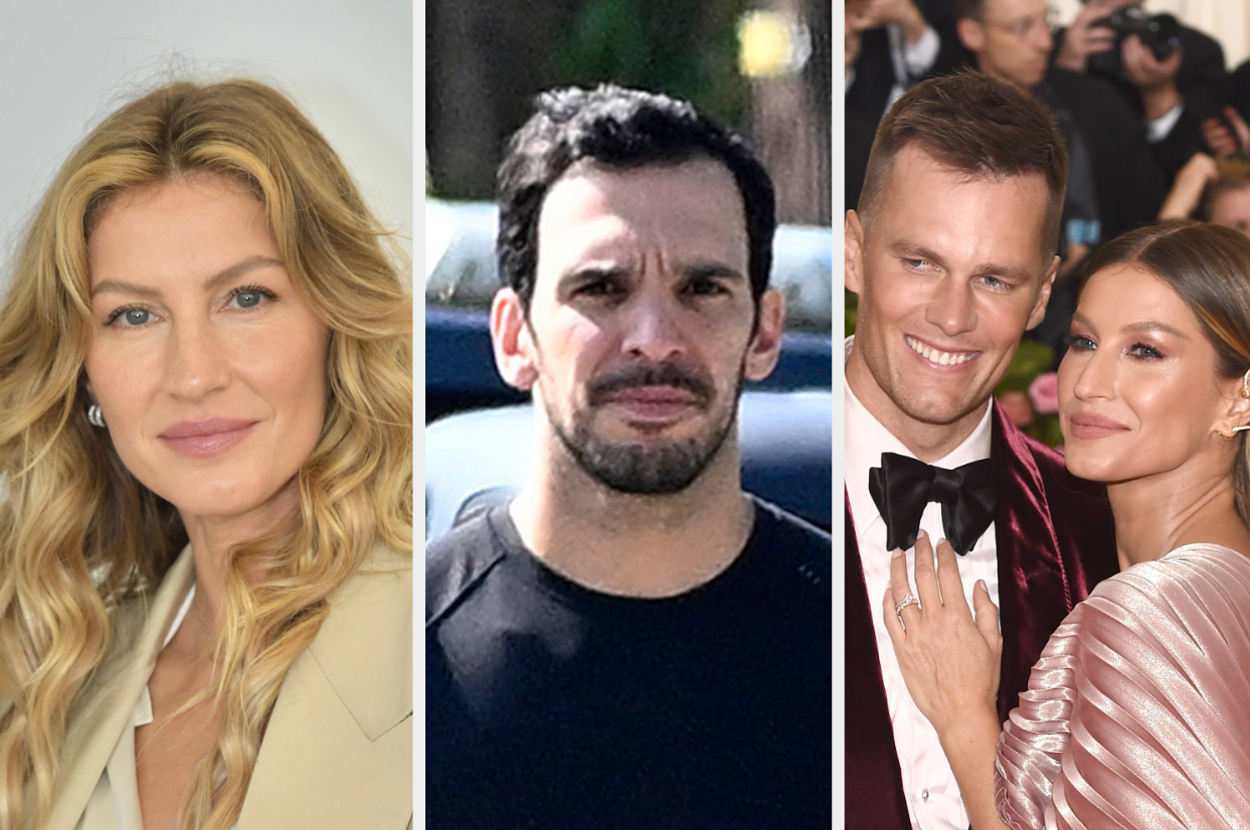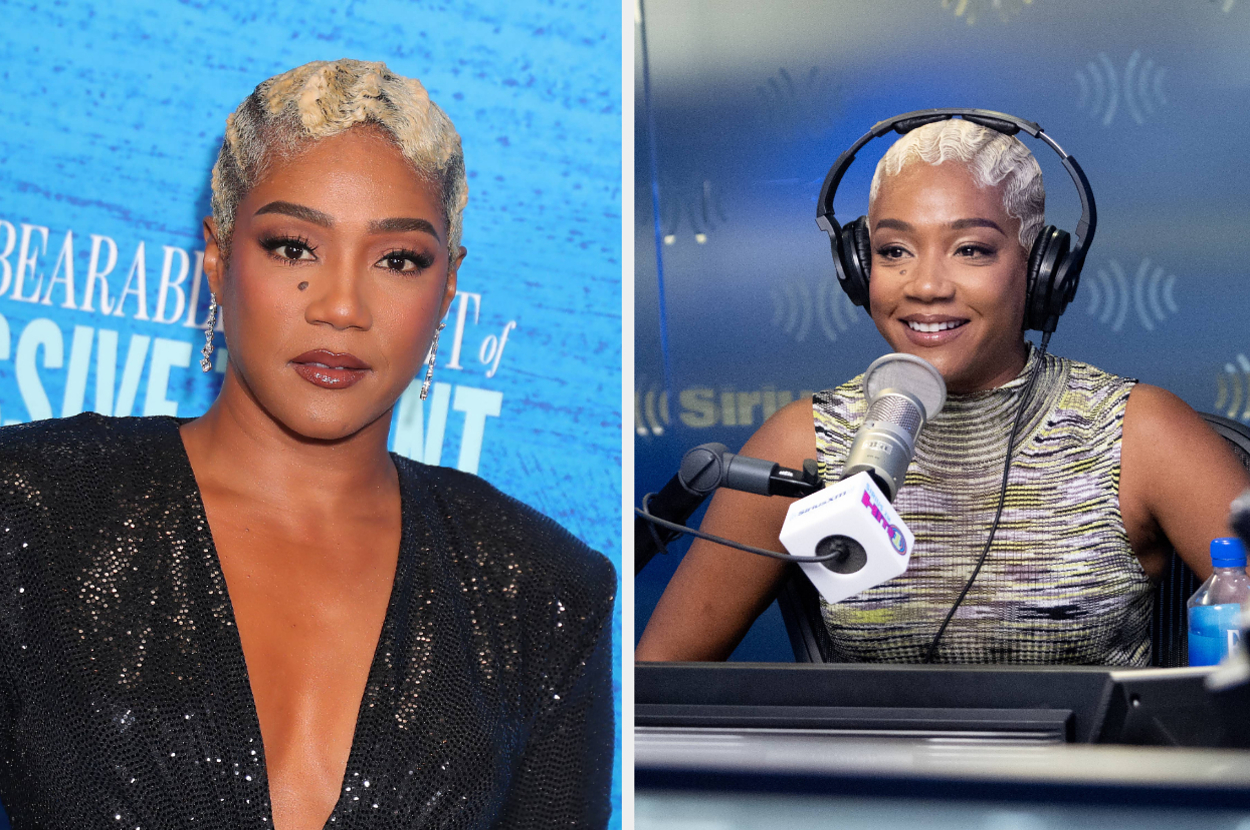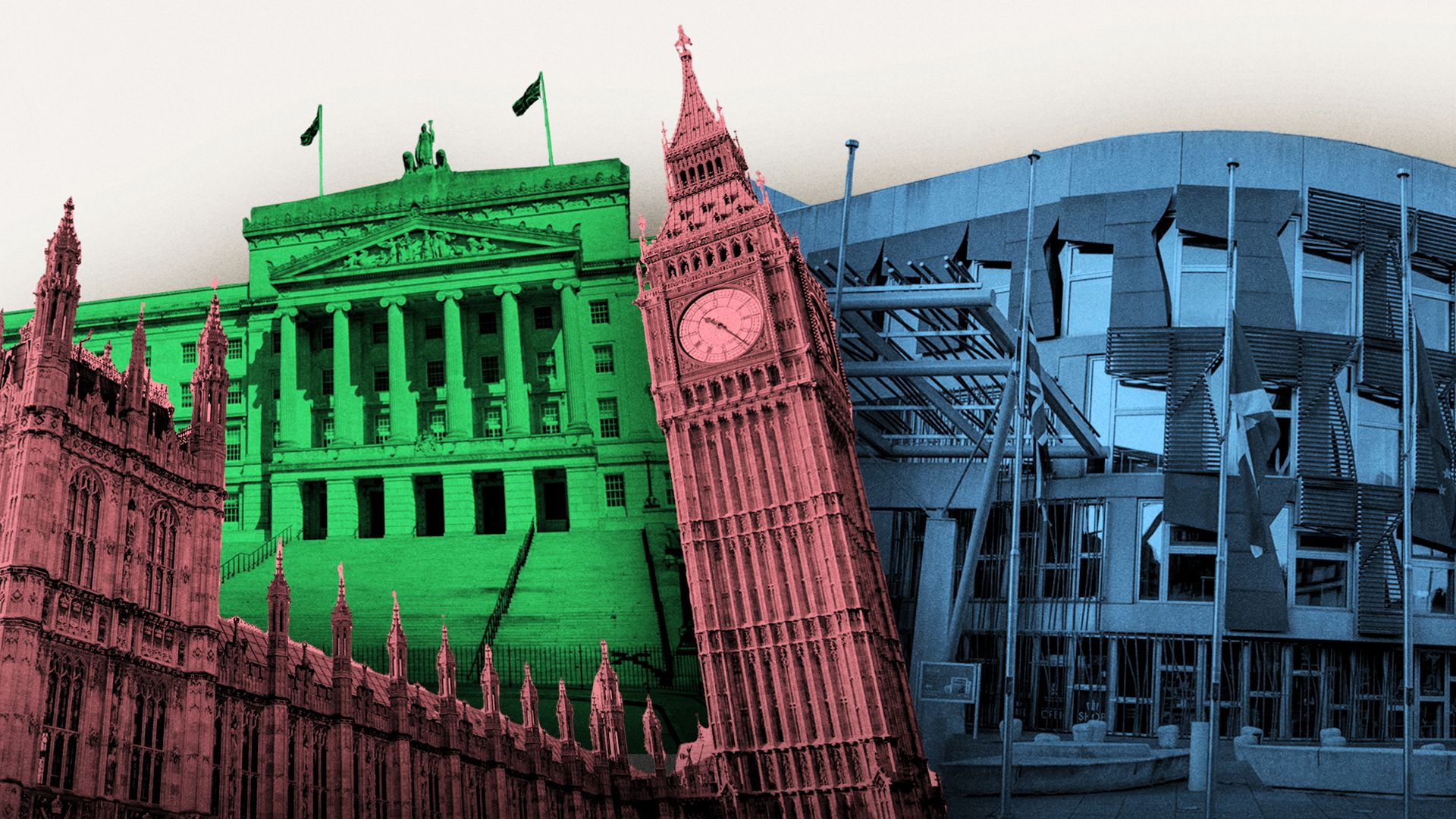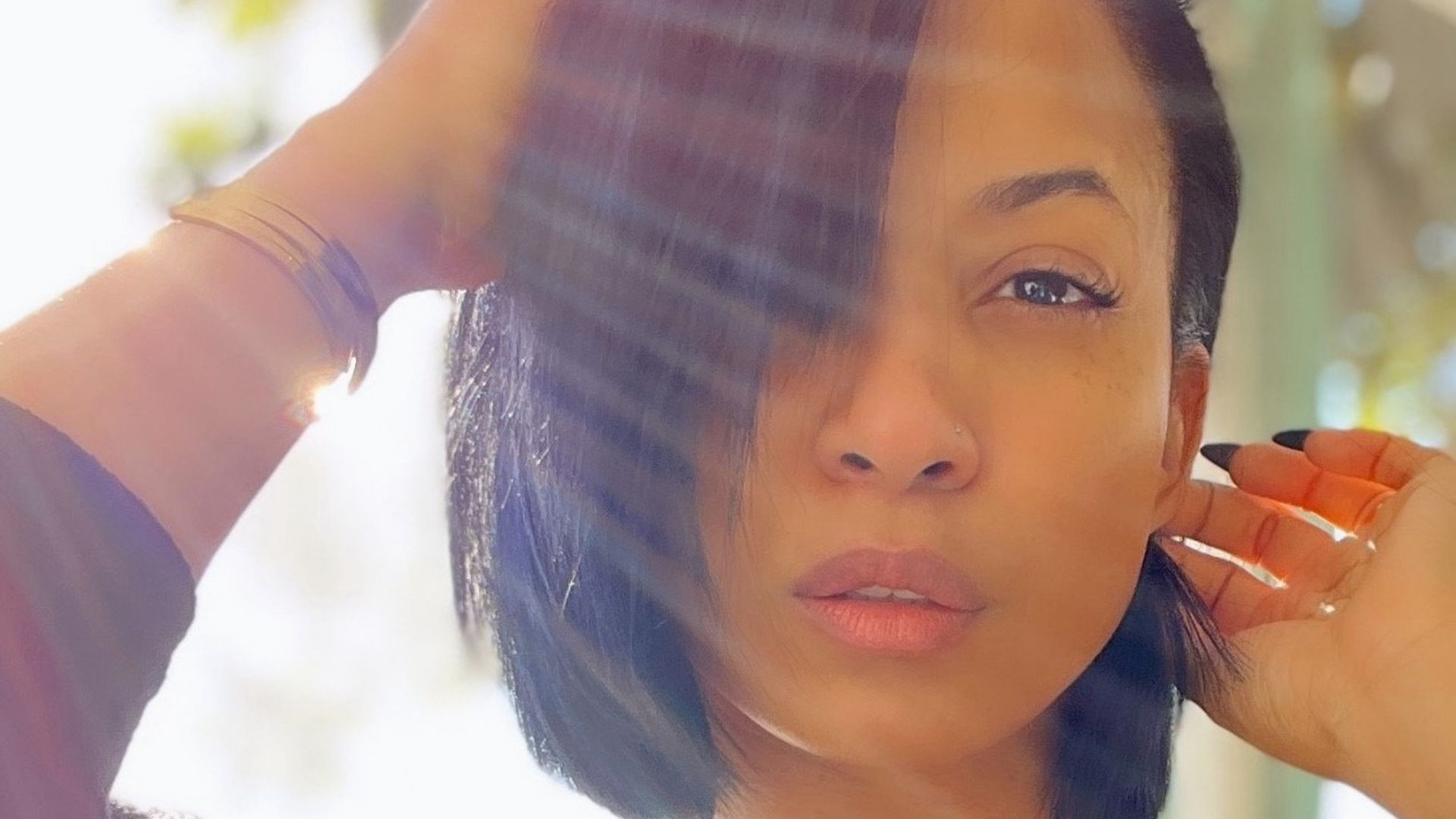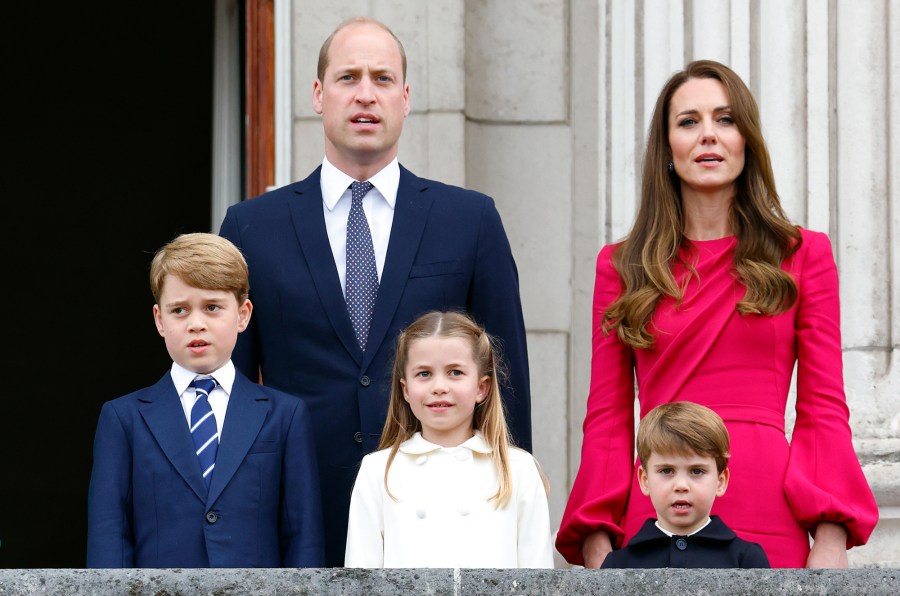
Princess Kate Middleton has put her three children first amid her cancer battle, waiting to publicly share her diagnosis until Prince George, Princess Charlotte and Prince Louis heard the news first.
According to Beth Blakey, the executive director and chief operating officer of nonprofit Cancer Hope Network, there are simple ways that Kate, 42, can explain her condition to her three kids.
“There are no right or wrong answers. These are all deeply personal decisions that should be between Princess Catherine, Prince William, their children and their families,” Blakey exclusively told Us Weekly. “There are so many factors that influence the decisions any parent makes at a time like this, but it is always important to approach the conversation with care, honesty and age-appropriate information.”
Kate and William, 41, share George, 10, Charlotte, 8, and Louis, 5, and a source told Us that the royal couple “wanted to wait to tell the world” until they could explain the news to the kids and give them “time to process” everything before widespread global interest.
A Timeline of Kate Middleton’s Cancer Battle: Surgery, Chemo and More
Blakey’s Cancer Hope Network, based in New Jersey, aims to provide one-on-one support to cancer patients, their families and caregivers.
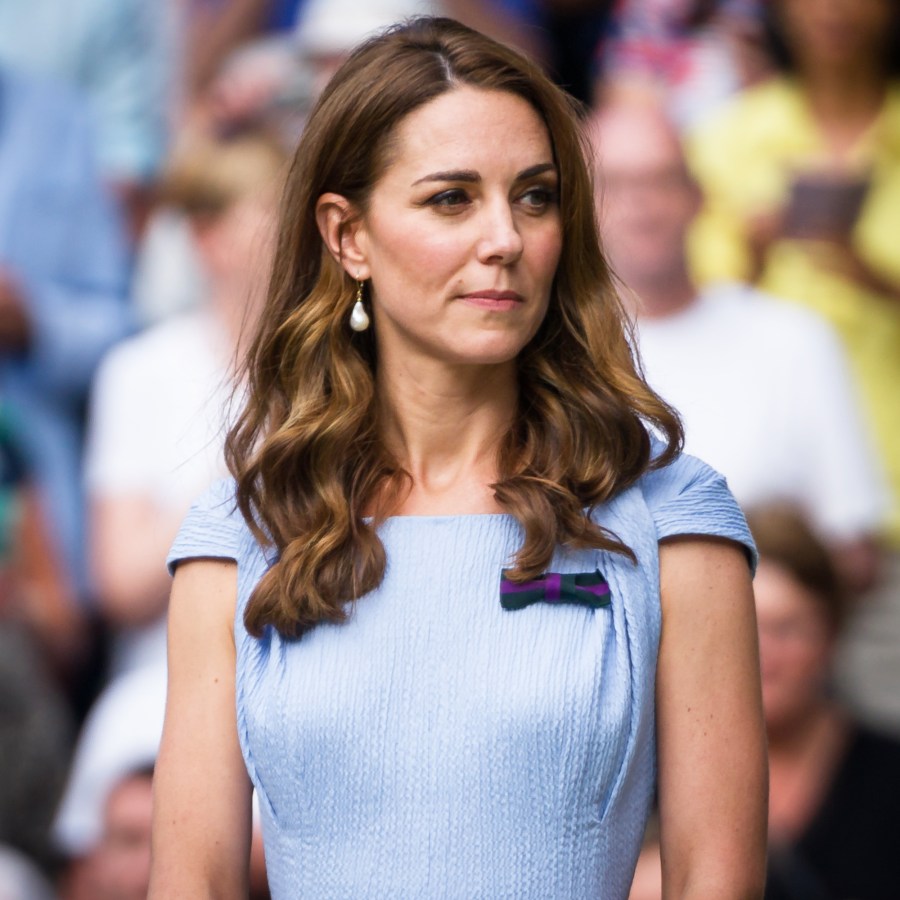
“Some broad guidelines and tips we often hear from Cancer Hope Network Peer Mentors include: take time to process your emotions first so you can be emotionally prepared and remain calm during the conversation,” Blakey explained to Us. “Make sure you choose a time and place where you can have the conversation safely, privately, and free from interruptions. Use simple and clear language that is appropriate to your child’s age and level of understanding.”
Blakey further advises parents, like William and Kate, to be honest and “focus on reassurance.”
“Let them know they are loved, cared for and will be taken care of,” she suggested. “Remind them that there are many people, including doctors and nurses, who are helping their mom or dad get better. Let them know it’s OK to ask questions — and, it’s also OK to let them know that you might not have all the answers. Make sure they know it’s okay and normal to feel scared, sad or mad, and encourage them to express their feelings.”
Kate publicly confirmed her diagnosis in a Friday video shared by Kensington Palace, in which she noted that she and William spoke to George, Charlotte and Louis “in a way that is appropriate for them” and reassured them that Kate is “going to be OK.”
Gwyneth Paltrow and More Stars React to Kate Middleton’s Cancer Diagnosis
Blakey further stressed that her tips are broad ideas as “every family’s needs” are unique and each child can react in different ways. If a kid struggles to cope with the changing dynamic, Blakey says that channeling feelings in healthy ways — to foster a positive outlook — can help, including practicing mindfulness or yoga, setting realistic expectations and goals, seeking professional help or counseling or even finding humor in the situation.
Both Kate and the palace have noted that the princess will prioritize her health and cancel public appearances in order to do so until being cleared by her doctors. The Friday statement marked the first time the royals addressed her health condition in depth since her January abdominal surgery, which was successful.
“Her public statement was an act of courage as a mother trying to protect her children from the mounting public attention … that [was] adding incredible stress during a devastating time for their family,” Blakey told Us. “There is a wide body of research that shows the negative impact stress can have on our physical, mental, and emotional health. As a result, she clearly stated her boundaries, not just as Her Royal Highness, The Princess of Wales, but as a mother and wife.”
She continued, “Prince William and other family members have been and should continue to protect and respect her wishes for privacy and to do whatever they can to reduce the pressures and stress of her position so she can focus her energy on getting through treatment, healing and adjusting to post-treatment survivorship.”
With reporting by Amanda Williams



